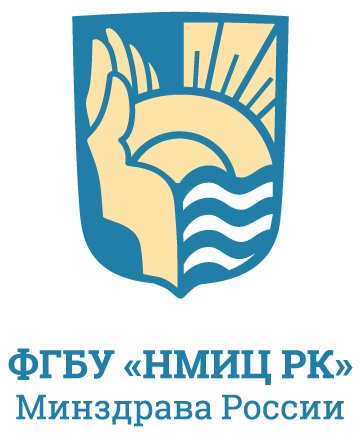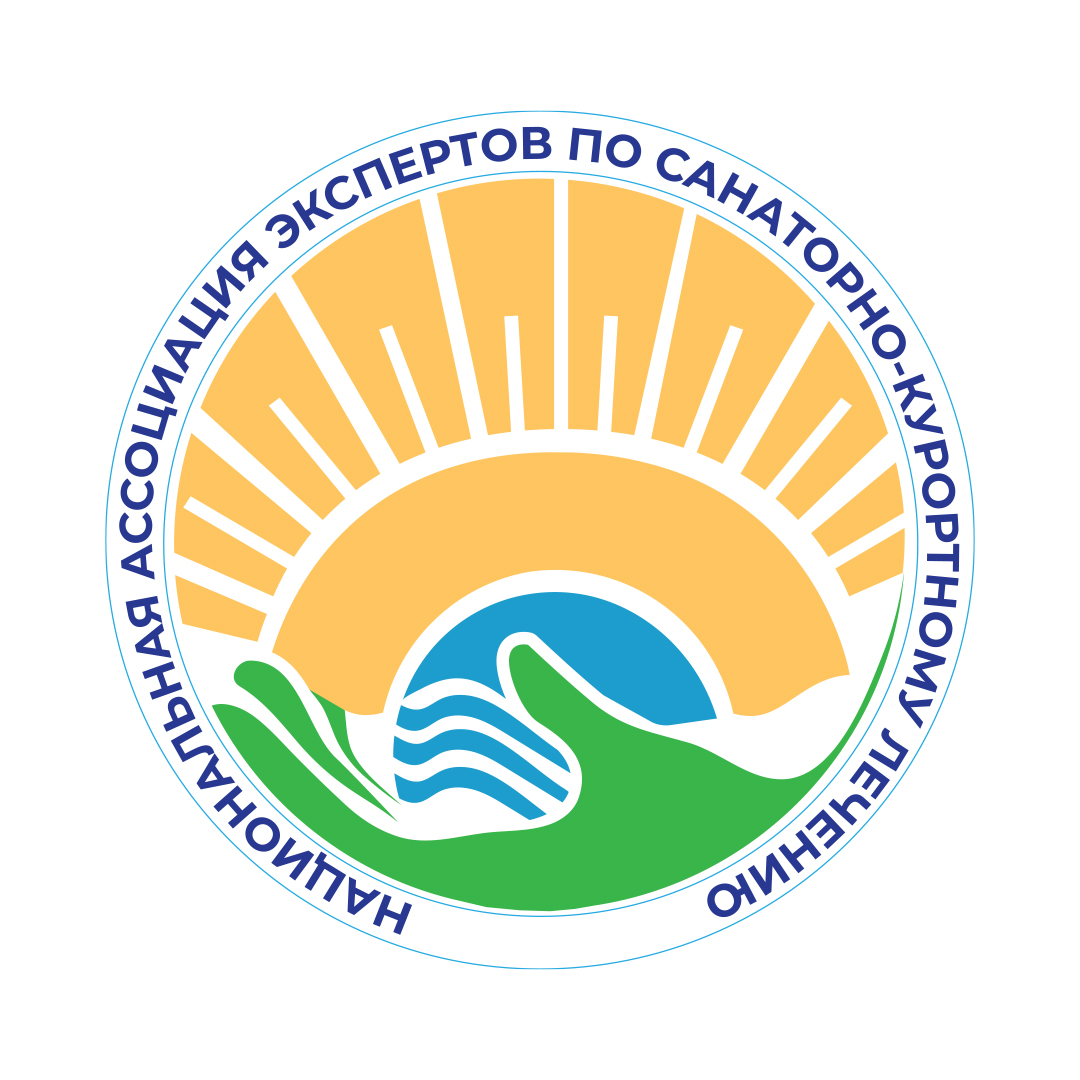Issue №2-84, 2018
Experience in Use of Neuromodulators in Early Recovery Period of Ischemic Stroke
1 Novak E.V., 1 Uvarova O.A., 1 Daminov V.D.
1 The National Medical and Surgical Center n.a. N.I. Pirogov, Moscow, Russia
ABSTRACT
The cost-effectiveness of modern rehabilitation is determined not only by functional outcome per se but also by thetime needed to reach some progress. The aim of the present study was to investigate how neuropeptides added to conventionalrehabilitation can accelerate the recovery of lower extremities movements in chronic stroke.The research was monocentric randomized placebo-controlled. Patients in both groups received exercises and robotic-assisted walking therapy and intravenous infusion of 30ml Cerebrolysin® (EVER Pharma) in the study group (40patients) or isotonic solution in the control group (40 patients) for 14 continuous days.Both groups demonstrated significant improvement measured by 36-Item Short Form Survey Instrument (36-SF),Rivermead Index Mobility (RIM) and Functional Independence Measure (FIM) while the modified Rankin Scale (mRS)did not reveal statistical change in the degree of disability. The mean RIM score was 6 in both groups on the 14th day,however, required time for such outcome assessed by survival analysis was 13 days in the study group in comparison to14 days in the control group. The difference was statistically significant (Wilcoxon signed-rank test Т=–3,198; р=0,001).The results of this study indicated probable benefits of adding neuropeptides to conventional rehabilitation that couldfacilitate recovery process and shorten time needed for expected motor improvement in chronic stroke.
KEYWORDS: chronic stroke, motor rehabilitation, neuropeptides
References:
- Karelin А.А. Encyclopedia of psychological tests. - Moscow: Eksmoмо; 2007
- A. Barker, R. Jalinous, and I.L. Freeston. Non-invasive magnetic stimulation of human motor cortex; Lancet; 1985; 325(8437): 1106-1107.
- Akai F et al. Neurotrophic factor-like effect of FP. 1070 on septal cholinergic neurons after transections of fimbria-fornix in the rat brain; Histol Histopathol; 1992; 7: 13-21.
- Chang W.H. et al. Cerebrolysin combined with rehabilitation promotes motor recovery in patients with severe motor impairment after stroke; BMC Neurology; 2016:16-31. DOI 10.1186/s12883-016-0553-z
- Collen FM t al. The Rivermead Mobility Index: a further development of the Rivermead Motor Assessment; Int Disabil Stud.; 1991; 13(2): 50-4.
- Corti M., Patten C., Triggs W. Repetitive transcranial magnetic stimulation of motor; Am J Phys Med Rehabil; 2012; 91: 254-270.
- Darsalia V, Heldmann U, Lindvall O, Kokaia Z. Stroke-induced neurogenesis in aged brain; Stroke 2005; 36: 1790-5.
- Dewilde S et al. Modified Rankin scale as a determinant of direct medical costs after stroke; Int J Stroke; 2017; Jun; 12(4):392-400.
- Formichi P et al. Cerebrolysin administration reduces oxidative stress-induced apoptosis in limphocytes from healthy individuals; J. Cell. Mol. Med.; 2012; 16(11): 20840-20843.
- Forrest GP et al. A comparison of the Functional Independence Measure and Morse Fall Scale as tools to assess risk of fall on an inpatient rehabilitation; Rehabil Nurs.; 2013; Jul-Aug;38(4):186-92.
- Gutierrez-Fernandez M et al. Trophic factors and cell therapy to stimulate brain repair after ischaemic stroke; J Cell Mol Med; 2012; 16(10): 2280-90.
- H.R. Siebner et al. Lasting cortical activation after repetitive TMS of the motor cortex: a glucose metabolic study; Neurology; 2000; 54(4): 956-963.
- H.R. Siebner et al. Continuous transcranial magnetic stimulation during position emission tomography: a suitable tool for imaging regional excitability of the human cortex; Neuroimage; 2001; 54(4): 883-890.
- Kapoor S. Cerebrolysin and its emerging clinical applications in psychiatry; The Australian and New Zealand Journal of Psychiatry; 2013; 47(7):685.
- Langhorne P., Bernhardt J, Kwakkel G. Stroke rehabilitation; Lancet; 2011; 377: 1693-702.
- Mesquita R.C., Faseyitan O.K., Turkeltaub P.E. et al. Blood flow and oxygenation changes due to low-frequency repetitive transcranial magnetic stimulation of the cerebral cortex; Journal of Biomedical Optics; 2013; 18(6) 067006:1-11.
- Muresanu D.F. et al. Cerebrolysin and Recovery After Stroke (CARS); Stroke; 2016; 47: 151-159.
- P. Fox et al. Imaging human intra-cerebral connectivity by PET during TMS; Neuroreport; 1997; 8(12): 2787-2791.
- Ryabnikova EA et al. A comparison of a neuroprotective effects of hypoxic postconditioning and cerebrolysin in the experimental model; Zhurnal Nevrologii i Psikhiatrii Imeni S.S. Korsakova; 2013; 113(2):54-58.
- S.A. Brandt et al. Functional magnetic resonance imaging shows localized brain activation during serial transcranial stimulation in man; Neuroreport; 1996; 7(3): 734-736.
- Stinear C. Prediction of recovery of motor function after stroke; Lancet Neurol.; 2010; 9: 1228-32.
- T. Paus et al. Dose-dependent reduction of cerebral blood flow during rapid-rate transcranial magnetic stimulation of the human sensorimotor cortex; J. Neurophysiol; 1998; 8(12): 1102-1107.
- Ubhi K. et al. Cerebrolysin modulates pronerve growth factor/nerve growth factor ratio and ameliorates the cholinergic deficit in a transgenic model of Alzheimer's disease; Journal of Neuroscience Research; 2013; 91(2): 167-177.
- Zhang et al. Sonic Hedgehog Signaling Pathway Mediates Cerebrolysin-Improved Neurological Function After Stroke; Stroke; 2013; 44: 1965-1972.
- Zhang L. et al. Cerebrolysin dose-dependently improves neurological outcome in rats after acute stroke: A prospective, randomized, blinded, and placebo-controlled study; International Journal of Stroke; 2016; 11(3): 347-355.
- Ziganshina L.E., Abakumova T. Cerebrolysin for acute ischaemic stroke; The Cochrane Database of Systematic Reviews; 2015; 6
©
This is an open article under the CC BY 4.0 license. Published by the National Medical Research Center for Rehabilitation and Balneology.






